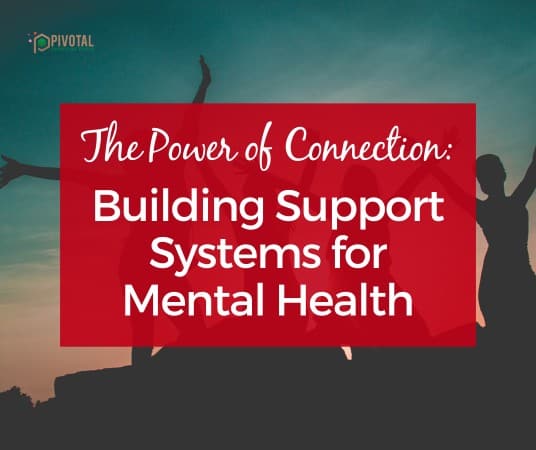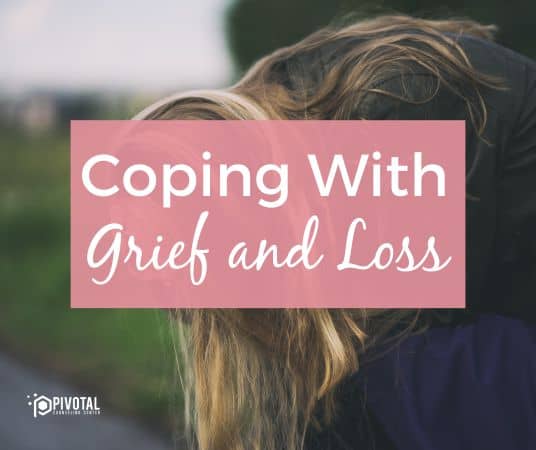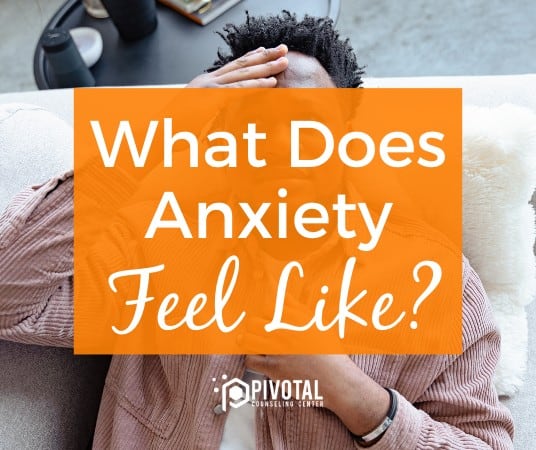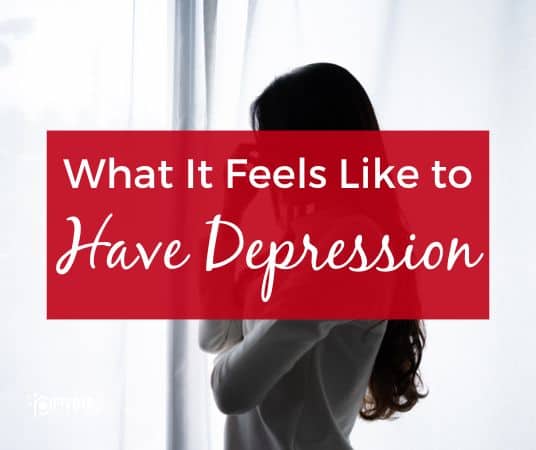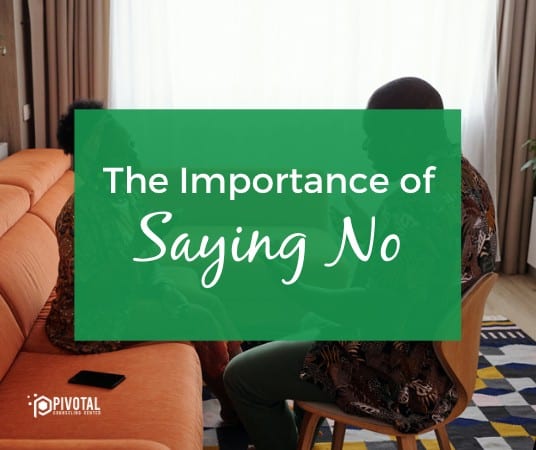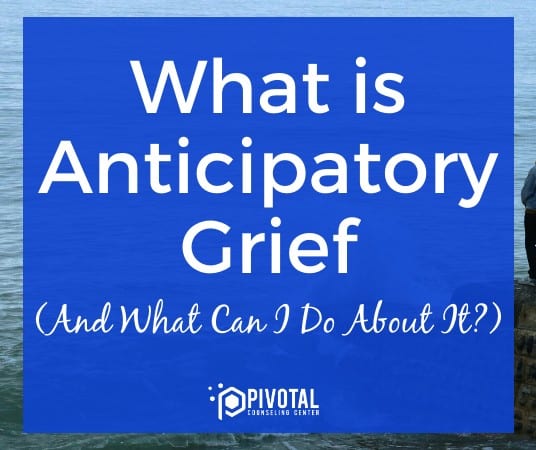
We commonly think of grief as something that exclusively happens after a death, but there are actually many types of grief. You can feel grief for many things, not just loss of life: loss of a job, loss of faith, change in financial status, divorce, change in health status, loss of a dream, ending friendships, moving to a new home, retirement, and even for things that haven’t happened yet. Grief in anticipation of a loss or change is known as anticipatory grief.
Grief isn’t just an emotion that you feel once and then it’s over – it’s a process. It’s a natural response to loss or change, so don’t beat yourself up for grieving. If you find yourself grieving the changes that this year has brought, know that you’re not alone. We’ve lost our sense of routine, our everyday ‘normal’ is now a distant memory, and the changes just keep coming. It seems like every time you open up a social media app, there’s something new to be devastated or scared by. You may even find yourself grieving in advance, because you feel like the losses won’t stop coming, and you might me right.
The outbreak of COVID-19 has led to an incalculable level of loss around the world, and since there is still no vaccine, we’re probably in for at least another six months of this weird limbo, instead of getting back to “real life.” The police brutality epidemic has brought even more feelings of grief to the surface, and as that fight is still ongoing, there are probably more losses to come.
Feeling like you’re always waiting for the other shoe to drop is a frustrating and sad way to go through life. If you find yourself feeling afraid of what the future holds, you might be dealing with some anticipatory grief. Remember that even though grief is painful, your brain is trying to protect you the best way that it knows how – by preparing you. However, ruminating on the losses still to come won’t help you process your feelings and move through your grief. The first step is to acknowledge that you’re dealing with anticipatory grief.
Here are some symptoms of anticipatory grief to look for right now:
- Hypervigilance
- Feelings of dread
- Anxiety
- Overwhelm
- Freezing up
- Procrastination
- Anger
- Short fuse
- Constantly jumping to the worst case scenario
- Withdrawing socially
- Fatigue
Anticipatory grief can feel like a never-ending battle, but there are several things you can do to make this process easier on yourself.
Be gentle with yourself
Remember, this is a really hard time across the globe. 2020 has been tough in every sense of the word, so don’t beat yourself up for feeling grief or expecting to grieve. The reactions you’re having, whatever they are, are a normal reaction to the trauma of this year.
Stay social
Make sure you’re not cutting yourself off socially. It’s hard to access our support systems in the way we’re used to right now, but you can still get support virtually. Even if you’re feeling overwhelmed at the idea of talking to other people about how you’re feeling, it’s important to make sure you have a support network in place. One way to make socializing easier is to be up front about your boundaries so everyone knows what to expect.
Try not to ruminate
It might be tempting to focus on the grief you’re anticipating because you want to prepare yourself. However, ruminating on the worst case scenario is not always helpful. Even if you obsess over it, you can’t keep yourself safe 100% of the time, and ruminating will just leave you feeling exhausted, overwhelmed, and in pain. You can definitely make a plan for yourself so you have an idea of what you’ll do should the worst case scenario happen, but try not to fixate on it.
Get plenty of rest
Waiting for the other shoe to drop is exhausting. You’re spending all of your time focused on the pain in your future, which leaves you drained. When you’re worried about threats like COVID-19 or systemic racism, your body goes into fight flight or freeze mode, which basically floods you with hormones to get your ready to respond. However, activating this response can make you feel really tired! Make sure you’re focusing on getting enough rest, whatever that looks like for you.


